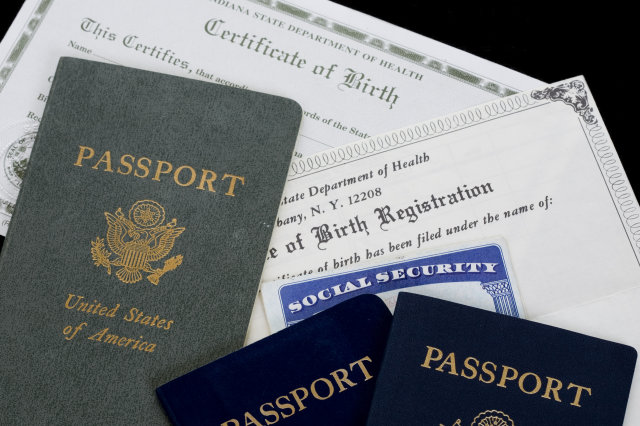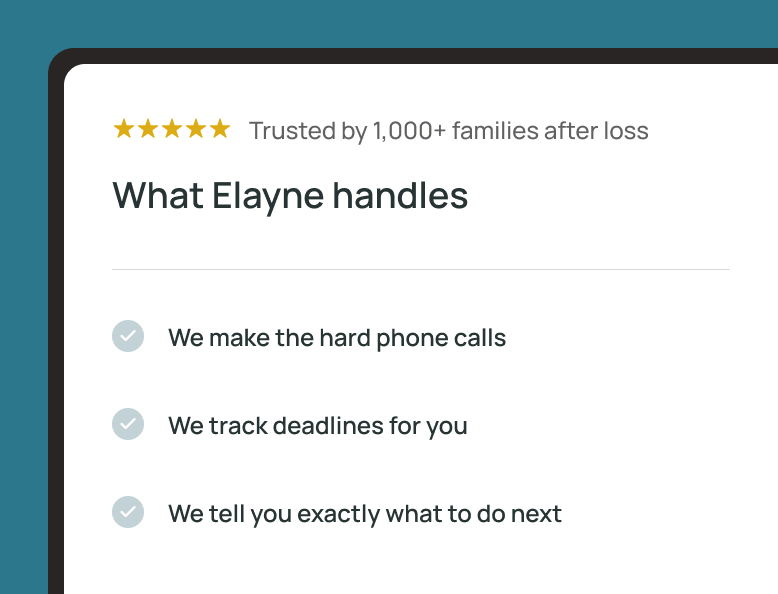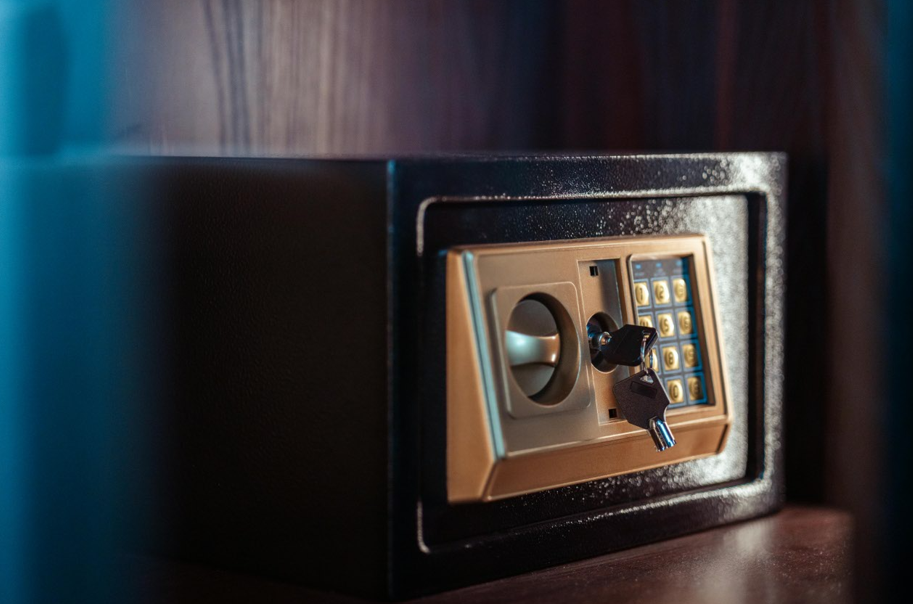Finalizing the bills and accounts of a recently departed loved one isn’t easy. On top of the intense and sometimes difficult emotions that come after a death, there's a seemingly never-ending list of tasks requiring attention, including closing or transferring household accounts such as power and water.
This article will help guide you through how to handle these household utility accounts. (For a more in-depth guide, read "Settling an Estate: What Steps to Take After a Loved One Dies.")

TLDR:
- Contact utility companies within a few weeks of a death to prevent service disruption or billing issues.
- You'll need the death certificate, account number, and proof of identity to close or transfer accounts.
- The executor or next-of-kin handles utility notifications; the estate covers bills until closure.
- Keep utilities active if you're selling the property, so you can maintain heating, cooling, and security systems.
- If you're struggling to manage it all, turn to a service like Elayne, which can help you with administrative tasks such as utility company notifications and account closures.
Common Utility Accounts That You May Need to Deal With
Although requirements and types of utility services vary from location to location, these are the common accounts a person might have for their home:
- Power or electricity
- Natural gas
- Water and sewer
- Internet and phone
- Cable or satellite TV
- Garbage and recycling
- Home security
After someone dies, these accounts will need to be closed, transferred, frozen, or temporarily kept open.
Why Do I Need to Contact the Utility Companies?
It’s wise to contact utility companies within a few weeks of an account holder passing away. Otherwise, the company will continue to bill them for services. As bank accounts are closed or bills go unpaid, the utility company may discontinue service before you want them to: for example, before you are able to sell the home or remove the deceased's belongings.
After an account holder's death, most companies require that the account be closed or be transferred into another person’s name. This helps prevent fraud and ensures billing accuracy.
Who Notifies Utility Companies After Someone Dies?
After someone dies, the executor of the will should contact the relevant utility companies. If there is no will, a next-of-kin or a court-appointed administrator can contact the companies. Providers typically request documentation within a few weeks after the death certificate is issued.
How to Cancel or Transfer Utility Services
When you contact a provider, have the following ready:
- The deceased person’s full name
- The account number
- The service address
- The date of death
- A copy of the death certificate (commonly required)
- Your contact information

If you’re unsure what a company needs, call the general inquiries number listed on the bill and ask for their requirements in the event of a customer’s death. If they need a copy of the death certificate, clarify whether they accept email, fax, or mailed copies.
Deciding Whether to Close or Transfer an Account
If You Shared the Account
If both your name and the deceased person’s name appear on the account, the utility company may be able to simply remove their name.
If the Account Was Solely in the Deceased Person’s Name
If the account is solely in the deceased’s name, you can transfer or cancel the account. To continue service, you’ll need to ask the company to change the name on the account. In some cases, the provider may ask you to create a new account.
If you're selling the deceased's home, it’s usually best to keep utilities active to maintain heating, cooling, and safety systems.
Required Documents to Transfer a Utility Account
Most companies will ask for the following:
1. A new service application (providers may have internal forms you must submit to become the new account holder)
2. A copy of the death certificate
3. Proof of your identity, such as:
- a driver’s license
- a passport
- a state-issued ID card
How to Cancel an Account
Every provider has a cancellation policy. Most companies require that you pay all outstanding balances or pay until the end of the contract. The best first step in this situation is to call the provider directly.
Who Is Responsible for Paying Utility Bills When Someone Dies?

When the utilities are in the deceased's name and are still being used, the estate is responsible for covering the bills. When the deceased person has a will, the executor pays bills accordingly, following the same general process described in "How Long Do You Have to Close an Estate?" If the person did not leave a will or name an executor, the state will typically appoint an administrator or executor to handle the estate. This person is responsible for handling and paying bills.
When the Estate Doesn’t Cover Utility Bills
Occasionally, an individual’s debts will outweigh the money within the estate. In these situations, the deceased’s estate may be declared insolvent. Assuming that the account has no co-signers, debts owed to utility companies would remain unpaid, and utilities would shut off.
What Happens When There Are Problems
Occasionally, there are issues closing utility accounts when someone dies. These issues may include additional payments after the final bill, requesting contact with the deceased, or requesting additional documentation for the file.
In these situations, send the company a registered letter. Include a brief explanation of events and a copy of the death certificate, and request the account closure in writing.
Sample Letter for Notifying Utility Company of Someone’s Death
Dear [Utility Provider],
This letter is to inform you of [Deceased Person’s] passing. This is a formal request to add a death notice to the file.
The full name on the account was [First and Last Name].
The account number on file was [complete account number].
The residence on file was [Complete Mailing Address]. [First and Last Name] was born on [date of birth] and died on [date of death].
I have attached a copy of [First and Last Name]’s death certificate and proof of administrator with this letter.
My name is [Full Name], and I am authorized to request this transaction.
Sincerely,
[Signature]
[Typed Name]
If the company persists with additional requirements, you can contact the attorney general for your state. They will have a list of contacts to assist in these matters, including the Public Utilities Commission.
In Conclusion
Processing a loss is mentally and physically draining. As you navigate grief, countless items require your attention. Elayne is here to help, providing support and guidance to make this process as smooth as possible.
For more detailed guides on handling digital estate planning and other related concerns, visit our resources page. And if we can help you handle tasks like canceling digital subscriptions, please get in touch.
FAQ
What documents do I need to cancel or transfer a utility account after someone dies?
You'll need the deceased person's full name, account number, service address, date of death, and a copy of the death certificate. Most companies also ask for your contact information and proof of identity like a driver's license or passport.
Should I keep utilities on or cancel them if I'm selling the deceased person's home?
Keep utilities active if you're selling the property. This maintains heating, cooling, and safety systems, making the home easier to show and protecting it from damage during the sale process.
How quickly do I need to contact utility companies after a death?
Contact utility companies within a few weeks of the death. This prevents service interruptions, avoids late fees, and keeps the account from being closed unexpectedly before you're ready.















































